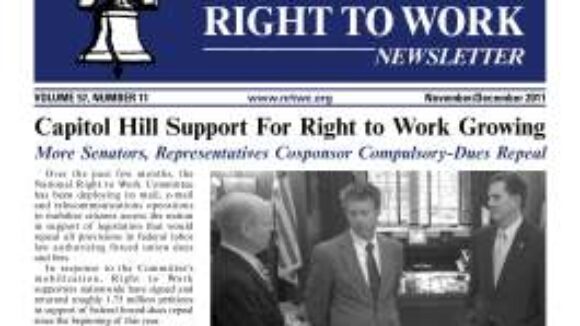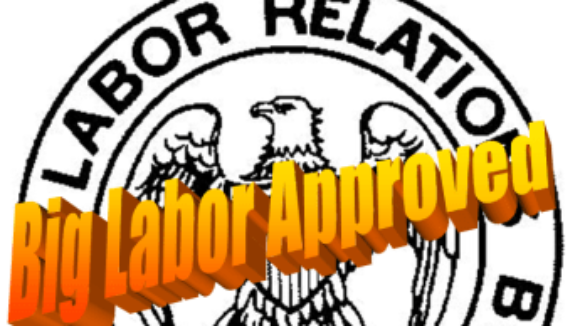Lafe Solomon 'Did What IAM Bosses Told Him To'
E-mails Reveal Why Top NLRB Lawyer 'Screwed up the U.S. Economy' Internal NLRB e-mails show Lafe Solomon (pictured) was disinclined this March to target Boeing for expanding production in Right to Work South Carolina. Then IAM union chiefs, led by Tom Buffenbarger, apparently got to him. Credit: AP/Bruce Smith (Source: November-December 2011 National Right to Work Committee Newsletter) This April 20, Acting National Labor Relations Board (NLRB) General Counsel Lafe Solomon ignited a public-policy firestorm by filing a complaint against Boeing for initiating a second Dreamliner 787 aircraft production line in Right to Work South Carolina. In several public statements, Boeing executives had made no bones about the fact that their decision to expand in a Right to Work state was prompted largely by their desire to avoid or at least mitigate multi-billion-dollar revenue losses stemming from disruptive strikes. Agreeing with International Association of Machinists (IAM/AFL-CIO) union kingpins who had repeatedly ordered employees at Boeing's west coast facilities out on strike, Mr. Solomon claimed these statements showed Boeing was motivated by "anti-union animus." Consequently, the South Carolina expansion was illegal, declared Mr. Solomon. Mr. Solomon's complaint asked an NLRB administrative law judge to stop Boeing's South Carolina production. Former Clinton-Appointed NLRB Chairman: Boeing Complaint Didn't 'Make Sense'




